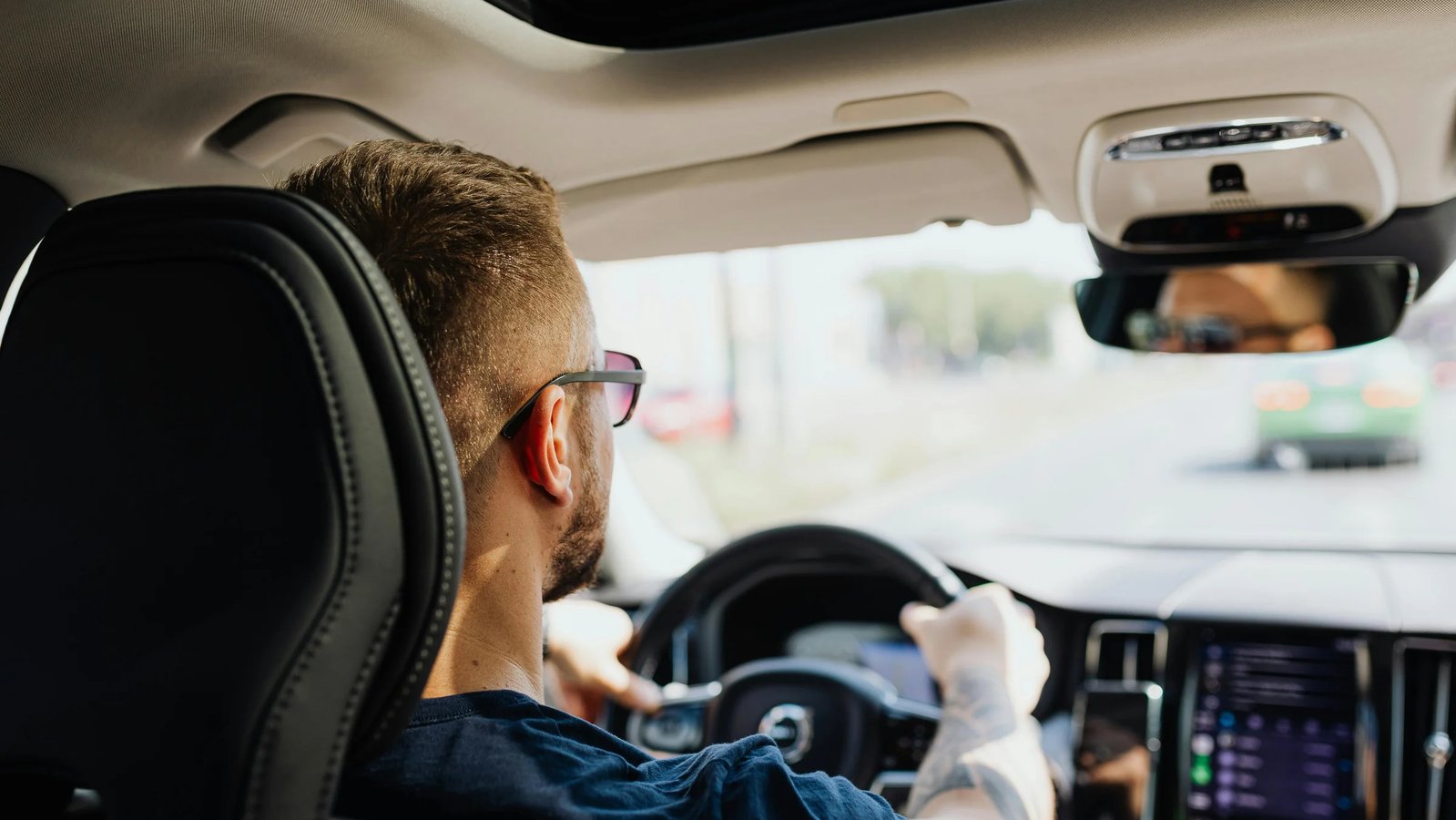Qatar’s road network combines modern highways, dense junctions around Doha and very strict enforcement of speed limits.
Speed cameras are everywhere, fines are high, and serious violations can trigger a “black points” system and licence suspension.
At the same time, the infrastructure is driver-friendly: good asphalt, clear signage in English and Arabic, and relatively cheap fuel.
This guide is for visitors planning to rent a car in Qatar and who want to understand local rules, speed limits and typical fines.
Key takeaways
- Driving is on the right-hand side; roads are generally in excellent condition, and signs are bilingual.
- Typical limits are 60–80 km/h in built-up areas and 100–120 km/h on highways, with strict camera enforcement.
- Seat belts are mandatory for all passengers; children under 12 must ride in the back and are safest in child seats or boosters.
- Mobile phone use while driving and not wearing a seat belt usually incur fines of about 500 QAR; serious violations can cost 6,000–50,000 QAR.
- Speeding fines typically start around 500 QAR, plus extra for every 10 km/h above the limit.
- Running a red light, driving the wrong way, dangerous driving and DUI carry high fines and multiple black points.
- Fines can be checked and paid online via the Metrash app and MOI website; large unpaid fines may lead to travel restrictions.
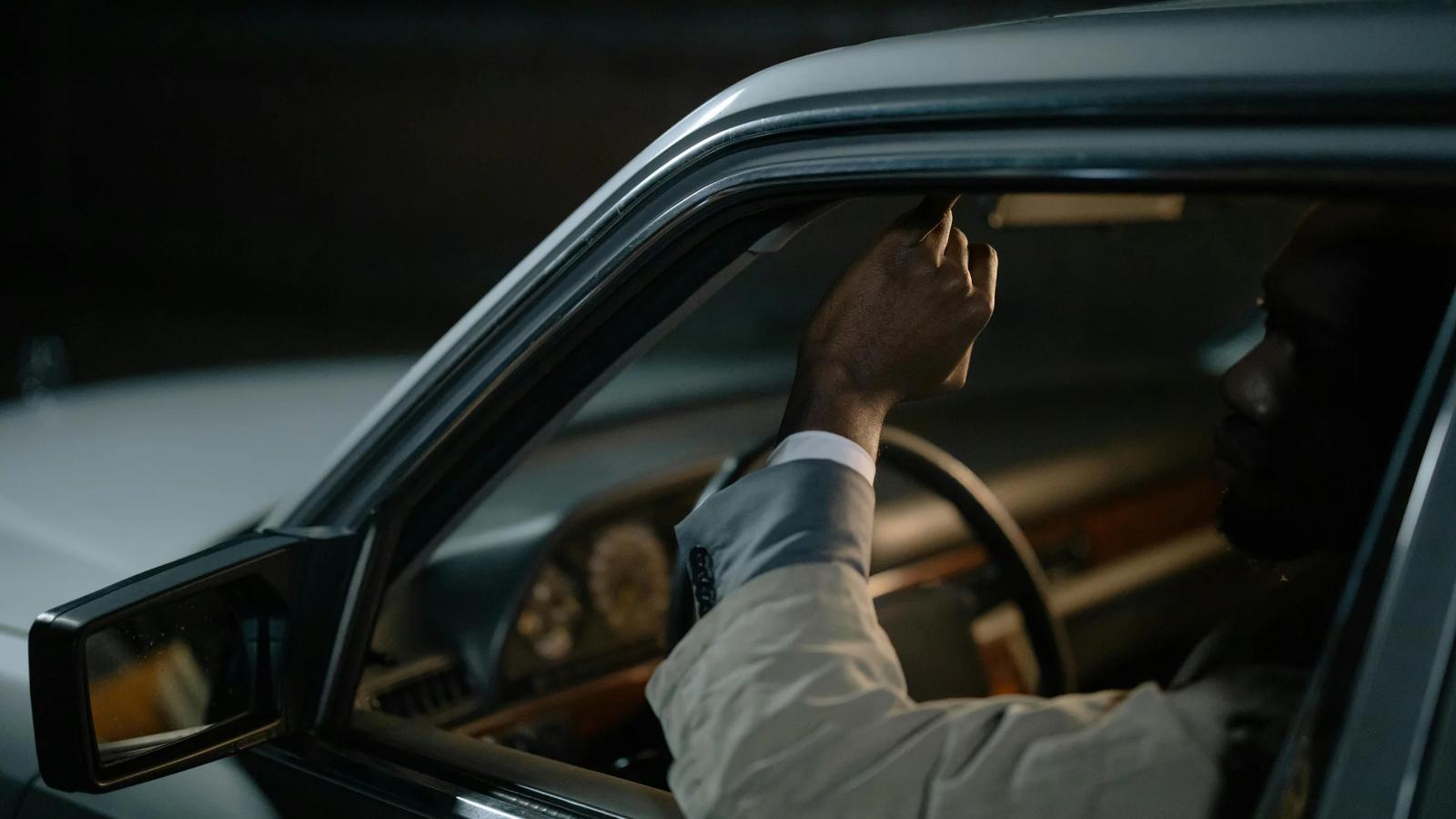
Road network and driving style in Qatar
Road characteristics and navigation
- Main highways connect Doha with Lusail, Al Wakrah, Al Khor and coastal areas; road surfaces are usually excellent.
- Around the capital there are many flyovers, multi-lane junctions and U-turn loops; Google Maps and other navigation apps work well.
- Road signs are in Arabic and English and key roads are clearly numbered.
- There are no toll roads or road taxes – all public roads are free to use.
What visitors behind the wheel should expect
- Local driving style can feel aggressive, with frequent lane changes and last-minute moves to exits.
- On highways many drivers exceed the limit, especially in the fast lane – it is safer to stay in the right or middle lanes and respect the posted limit.
- Sand blown onto the road, extreme heat and animals on rural roads (including camels) are real safety factors.
- In summer, a well-maintained car and working A/C are essential for comfort and safety.
Who can drive and under what conditions
- The minimum age for a Qatari licence is 18.
- Visitors can usually drive rental cars on an International Driving Permit or certain foreign licences for a limited period (often up to 3–6 months, depending on visa and licence type – always confirm with the rental company).
- Long-term residents must obtain a Qatari licence; the procedure for exchanging or getting one is detailed on official portals.
- You must keep your driving licence, vehicle registration (istimara) and insurance documents in the car – the police can ask for them at any time.
Driving without a valid licence is treated as a serious offence and can lead to large fines, court action and loss of insurance coverage in case of an accident.
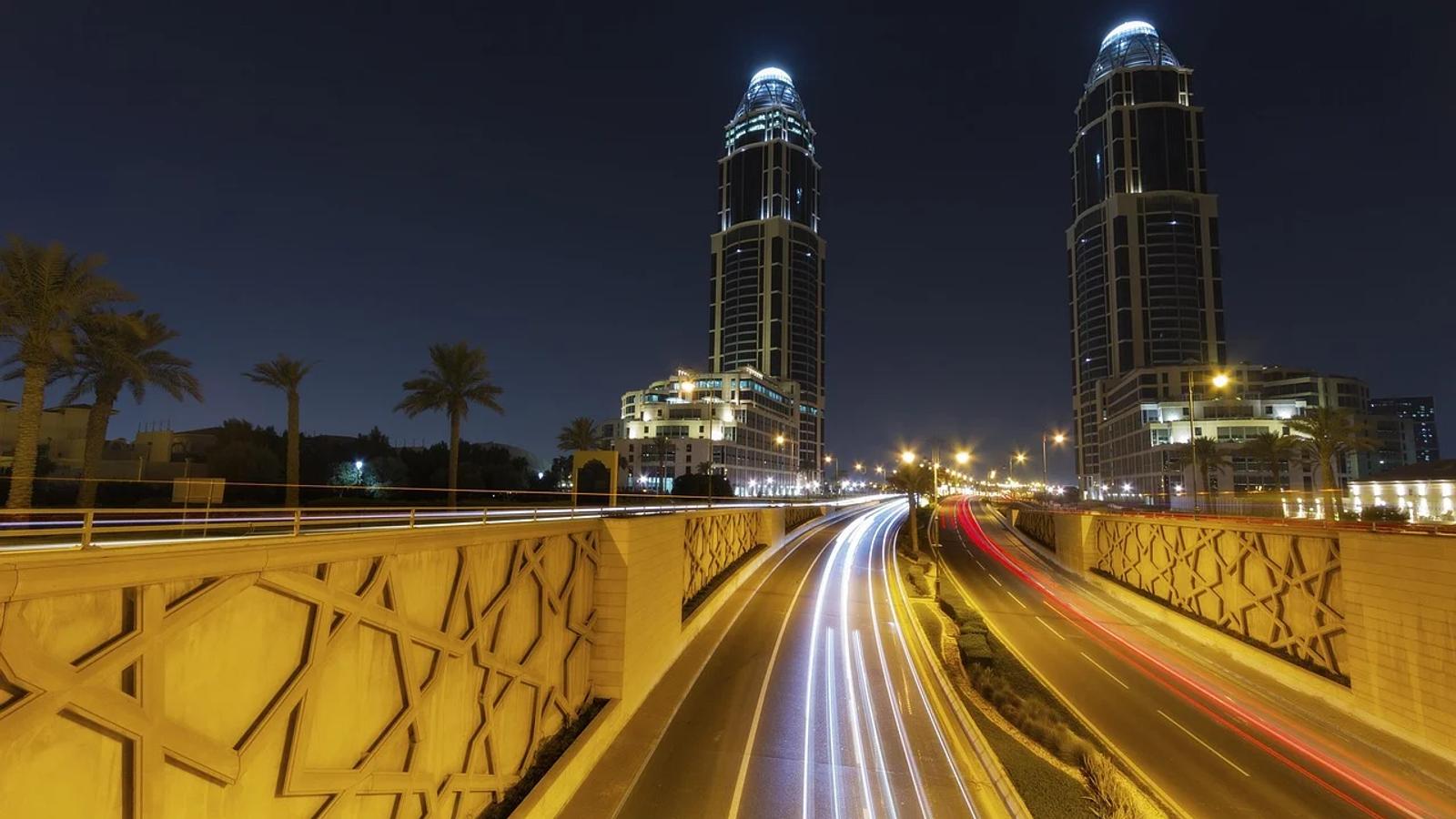
Basic traffic rules
Seat belts and children in cars
- Seat belts are mandatory for every occupant, front and rear.
- Children under 12 must travel in the back seat; younger children are strongly recommended to use proper child seats or boosters.
- Seat belt violations typically carry a fine of around 500 QAR.
Mobile phones, alcohol and documents
- Using a phone while driving (calls, texting, videos) without a proper hands-free setup is prohibited and usually fined around 500 QAR, often with added black points.
- Driving under the influence of alcohol or drugs is one of the most severely punished offences, with fines in the 10,000–50,000 QAR range, possible jail time and, for foreigners, likely deportation.
- Licence, registration and insurance must be available in physical or accepted digital form (for example via the Metrash e-wallet) whenever you drive.
- On roundabouts you must give way to vehicles already on the roundabout; overtaking is on the left only, and turns must follow lane markings and arrows.
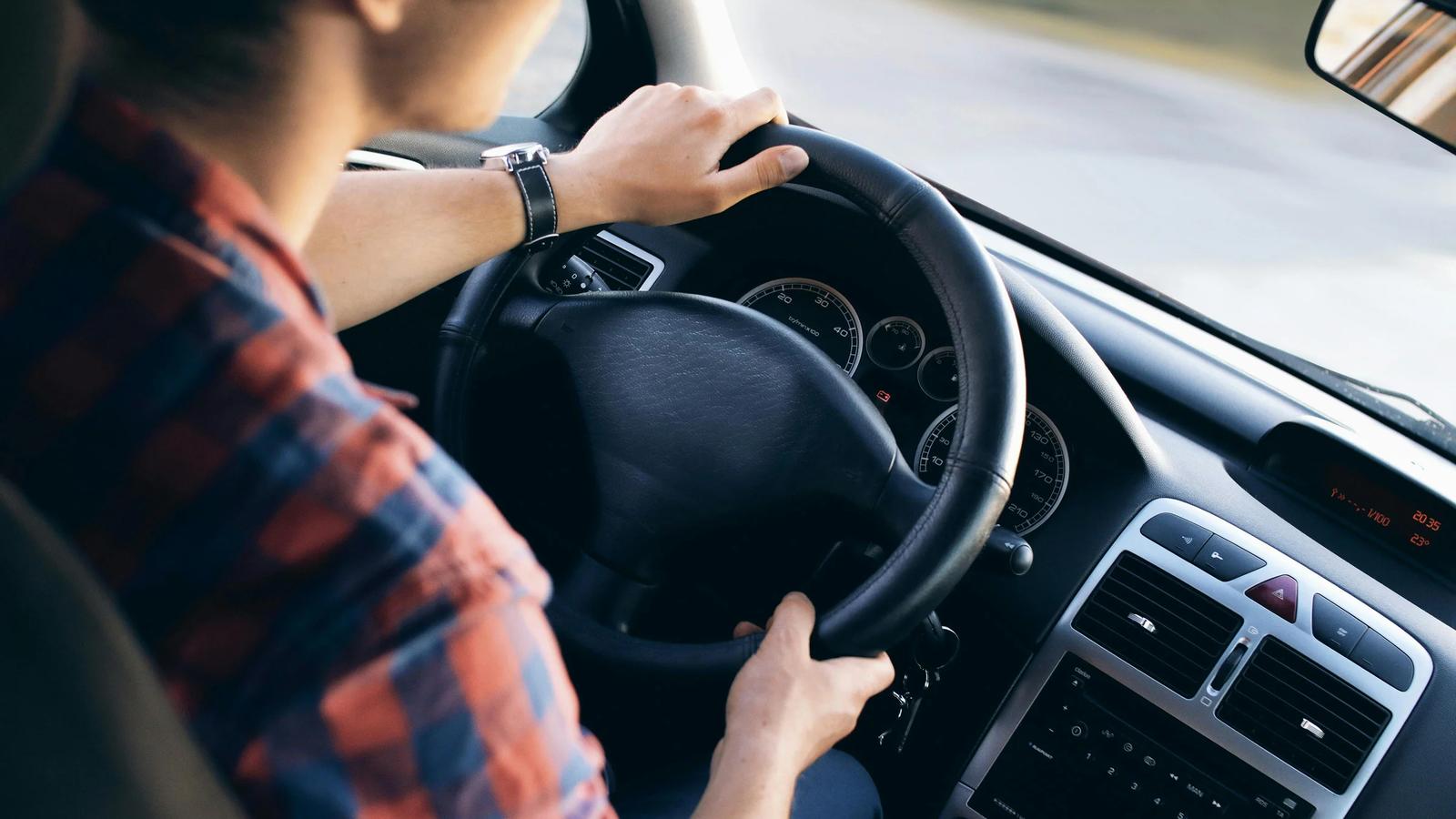
Speed limits and cameras
- In residential and inner-city areas the limit is usually 60 km/h; major city arterials around Doha are often set at 80 km/h, and intercity highways at 100–120 km/h.
- Speed limits are always indicated by signs and can change quickly, so watch the roadside as well as your GPS.
- Fixed and mobile speed cameras cover most major roads and intersections; many also monitor red-light violations.
- Speeding fines generally start around 500 QAR and can reach about 1,000 QAR or more for large excesses, with up to 4 black points for serious speeding.
- Camera tickets are logged automatically in the MOI system and appear in your Metrash account.
Fines and the black points system
Common violations and typical fine levels
The ranges below are indicative; exact amounts depend on the article of law and may change.
- Illegal parking (double-parking, too close to junctions, blocking entrances, using disabled bays, not paying for paid parking) – usually around 300 QAR plus several black points.
- Speeding – commonly 500–1,000 QAR depending on how far over the limit you are, plus extra for every 10 km/h above the limit and possible black points.
- Seat belt offences (driver or front passenger) – typically about 500 QAR.
- Mobile phone use while driving – around 500 QAR and up to 3 black points; such fines are often excluded from early-payment discounts.
- Running a red light – about 6,000 QAR, possible vehicle impoundment and roughly 7 black points.
- Wrong-way driving or dangerous manoeuvres – several thousand riyals and up to 6 black points.
- Driving under the influence – roughly 10,000–50,000 QAR plus court action, licence loss and likely deportation for non-residents.
The black points system means that if you accumulate around 14 points within a year, your licence can be suspended for several months. Repeat offenders face longer suspensions and may eventually lose their licence completely.
How to check and pay fines
- Traffic fines can be checked and paid online through the MOI website and the Metrash app under the Traffic section.
- Many violations qualify for a discount of up to 50 % if paid within the first 30 days, but not all – phone-usage fines, for example, are often excluded.
- Since September 2024, significant unpaid fines and other dues to the Ministry of Interior may result in a temporary travel ban until amounts are settled.
- For rental cars, fines are tied to the plate number and are later passed on to the rental company, which then charges your card or deposit (often adding an admin fee).
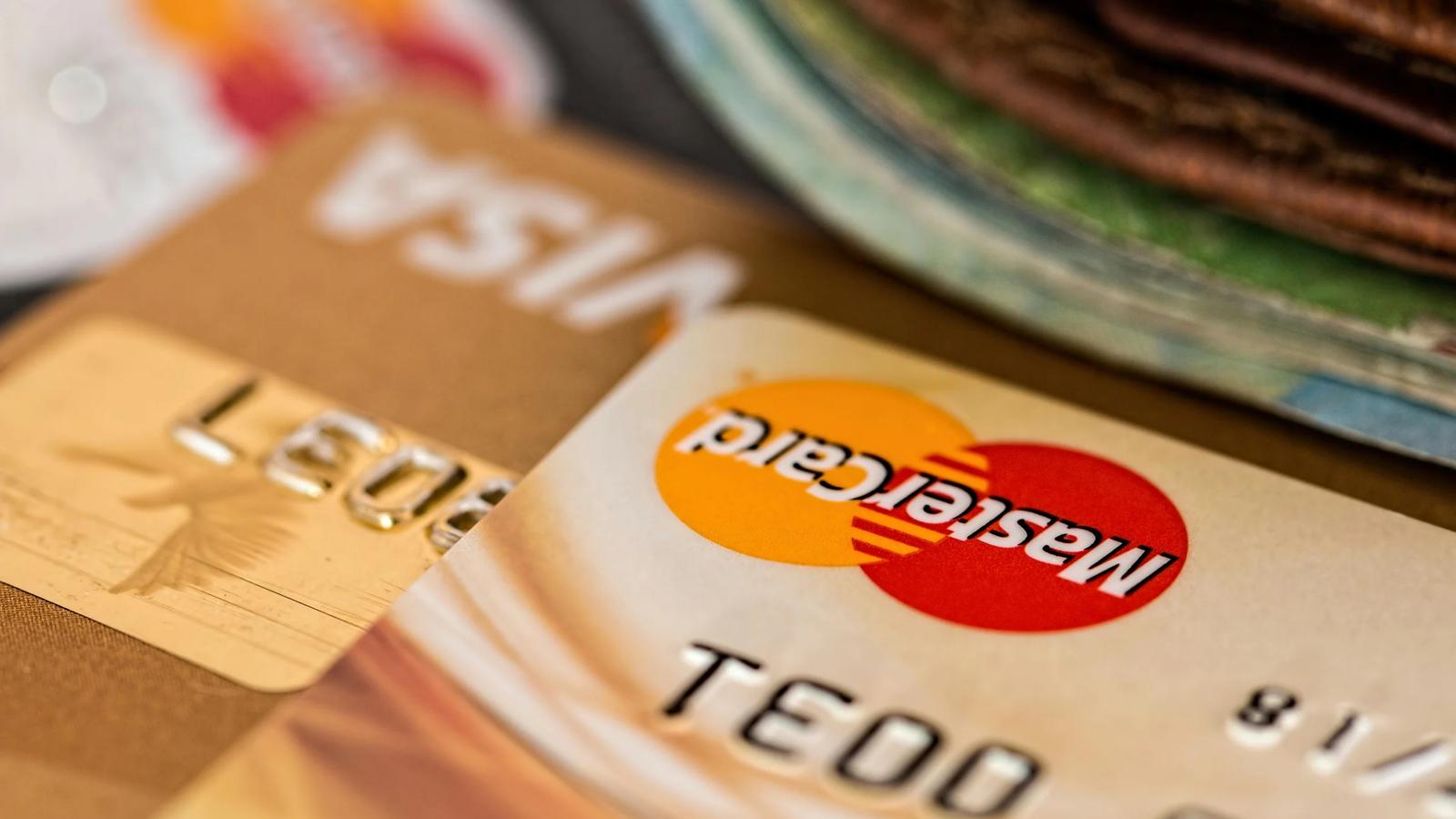
City, highway and desert driving
- In central Doha, traffic is dense with lots of flyovers and tight exits; rush hour around Msheireb Downtown, Doha Corniche and business districts can be very slow.
- On highways between Doha, Lusail, Al Wakrah and beaches like Al Wakrah Beach, roads are wide and smooth, but many drivers treat the limit as a minimum – safer drivers stick to the right lanes.
- At night outside urban areas visibility can be limited and animals may appear on the road, so extra caution is needed.
- Off-road and desert driving without proper experience and equipment is risky; it is easy to get stuck or damage the car, and rental insurance often excludes off-road use.
For DIY day trips, consider loop drives from Doha to Lusail Marina Corniche, Al Thakira Mangroves and Purple Island.
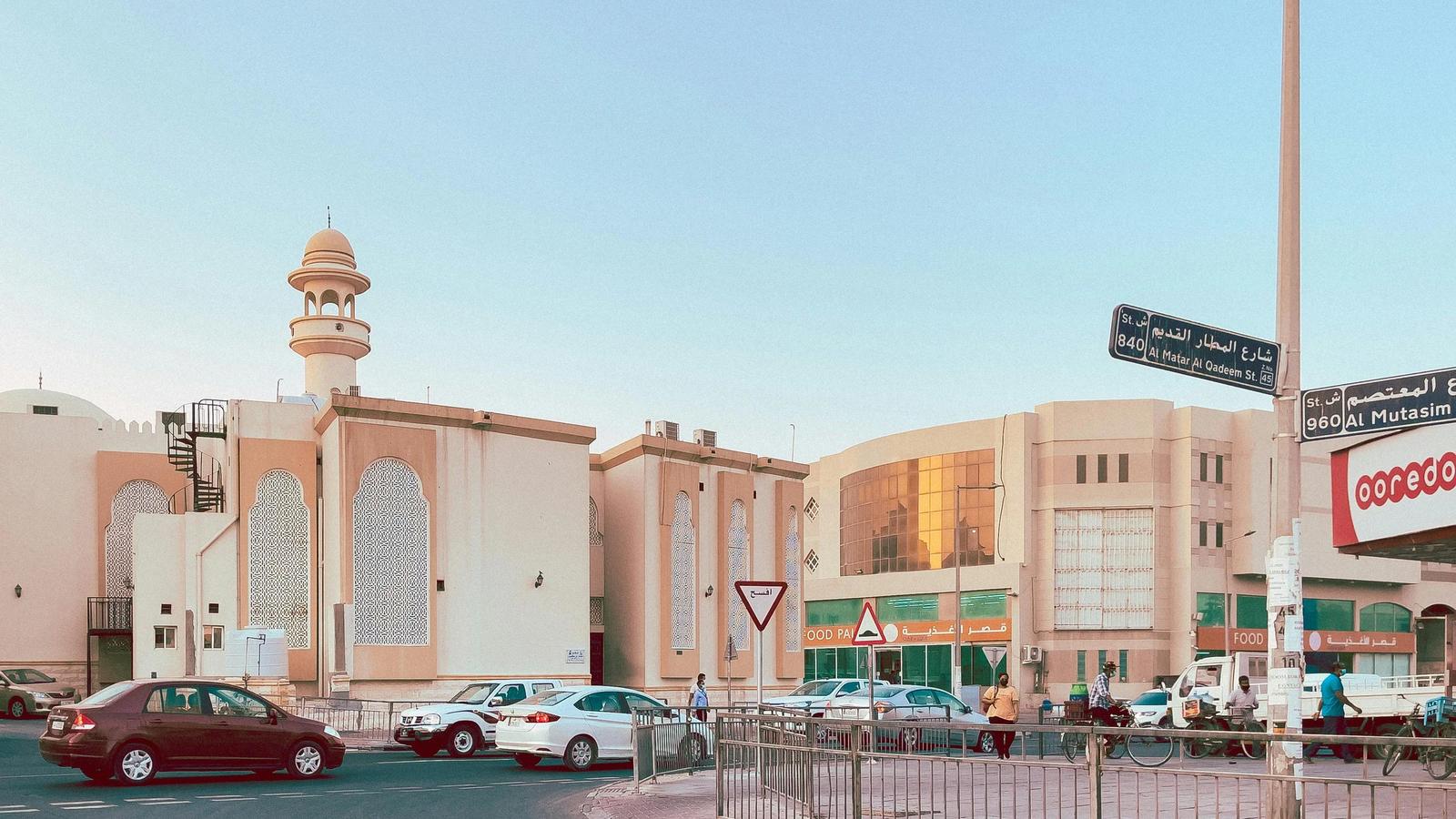
Prices (updated: November 2025)
Figures below are averages; real prices vary by operator and season.
- Fuel – roughly 2.0–2.2 QAR per litre, keeping driving and car rental relatively cheap.
- Taxis:
- starting fare – about 7–15 QAR;
- 1 km – roughly 5–15 QAR;
- 1 hour of waiting – around 30–90 QAR.
- Public transport:
- single metro/bus ride – about 2–5 QAR;
- monthly pass – roughly 90–180 QAR.
- Car rental (typical tourist ranges; see Car Rental in Qatar: Everything Tourists Need to Know for details):
- compact car with advance booking – about 130–250 QAR per day;
- crossover/SUV – roughly 220–450 QAR per day.
- Traffic fines:
- minor parking and low-level violations – usually around 300 QAR;
- speeding – typically 500–1,000 QAR plus extra for high excess;
- seat belt / phone – commonly around 500 QAR;
- red-light running – roughly 6,000 QAR;
- driving under the influence – about 10,000–50,000 QAR.
Tips
- Always follow the posted limit rather than copying the speed of surrounding traffic.
- Assume that “cameras are everywhere” – this is close to reality in Qatar.
- Stay calm and do not mirror aggressive behaviour; defensive driving reduces both accident and fine risks.
- In hot months, regularly check tyre pressure and fluids and park in shade or underground when possible.
- Avoid off-road driving unless you are experienced and have a suitable vehicle; for desert trips, organised tours are usually safer and cheaper overall.
- Check Metrash periodically for new fines, especially before returning a rental car.
- Take photos of the rental car on pick-up and drop-off to document its condition if there is any dispute over fines or damage.
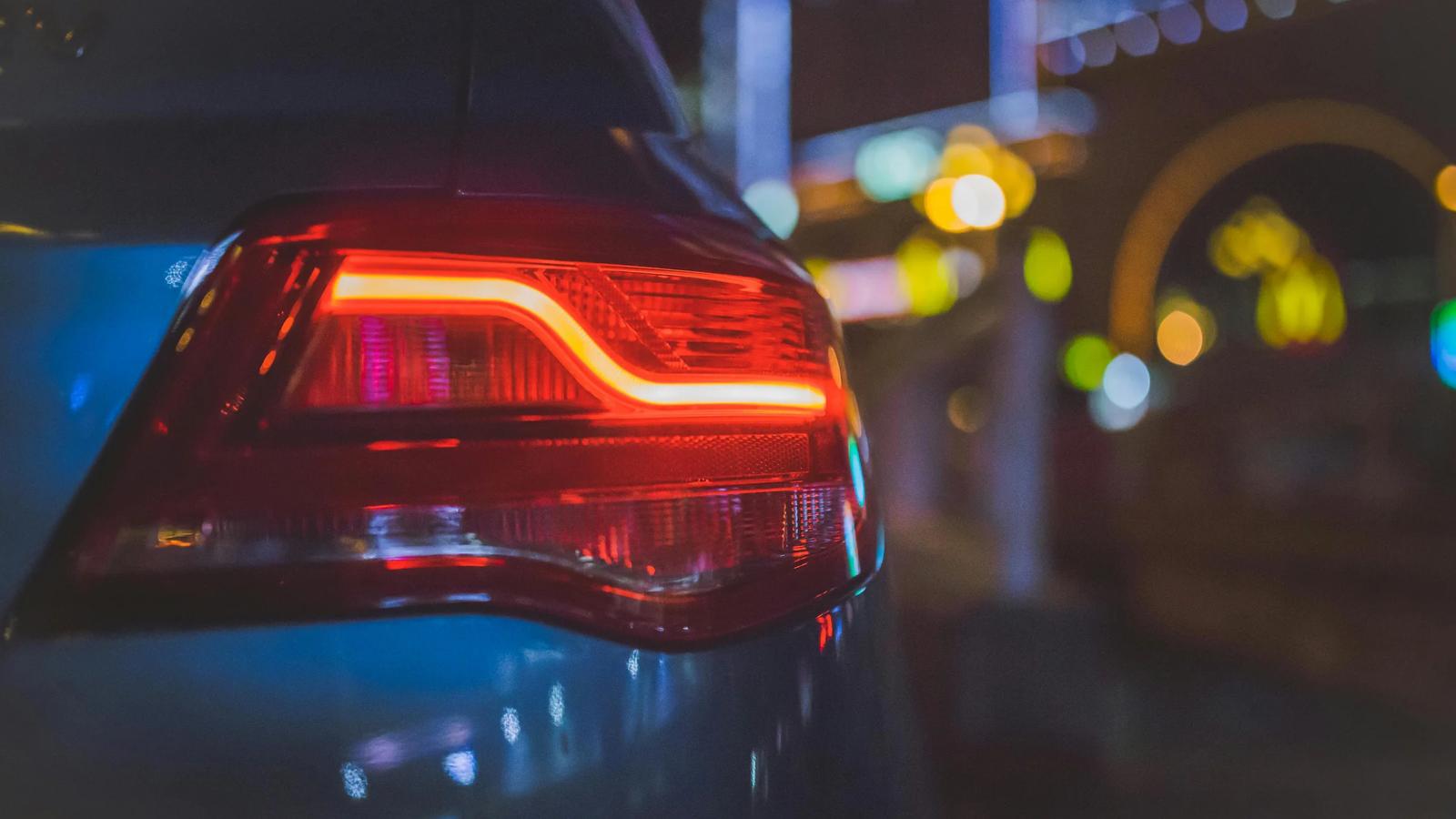
FAQ
Can I drive in Qatar with just an International Driving Permit?
Visitors can usually drive rental cars with an IDP or certain foreign licences for a limited time; long-term residents must obtain a Qatari licence.
What are typical speed limits in cities and on highways?
Expect 60–80 km/h in city areas and 100–120 km/h on highways, unless signs state otherwise.
How strict are fines for using a phone and not wearing a seat belt?
Both are treated as serious safety violations. Fines are usually around 500 QAR, and mobile-phone offences may also carry black points.
Can I get a discount on traffic fines?
Many fines qualify for a discount if paid within the first 30 days, but some, such as phone-usage violations, typically do not. The Metrash app shows which fines are eligible.
What happens if I don’t pay fines?
Fines remain in the MOI system, and large unpaid amounts can lead to travel bans. With rental cars, the company will normally pay and charge your card later.
Is driving in Doha dangerous?
Roads and signage are good, but traffic is dense and driving styles are assertive. With careful and patient driving most visitors manage without major problems.
Summary
Qatar’s roads are convenient and relatively easy to navigate, as long as you follow the rules and avoid speeding.
The key to a stress-free trip is simple: wear seat belts, avoid using your phone while driving, watch for speed cameras, and pay any fines promptly.
If you’re renting a car, it’s a good idea to learn the local speed limits and penalties in advance. For trips to central Doha and Doha Airport, it’s often better to combine driving with metro, taxis, or private transfers.
With this approach, getting around the country can be both safe and comfortable.
